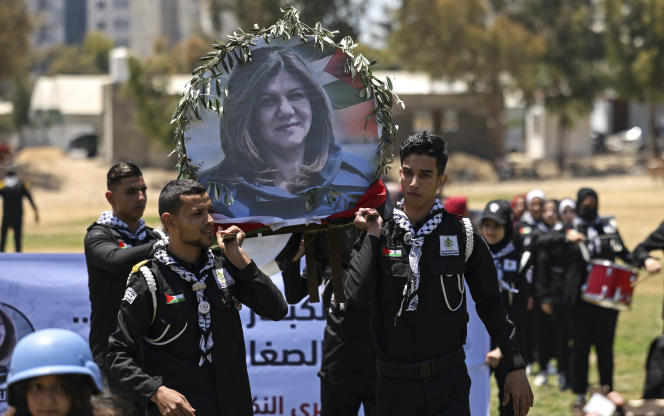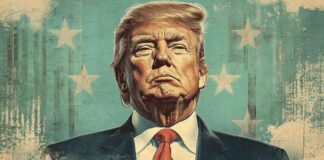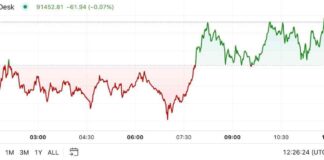“I was in Lebanon on Wednesday May 11 when I learned through posts from Palestinian friends of the death of Shireen Abu Akleh. Then his photo was published on a loop. The sudden death of this courageous and brilliant journalist from the Al-Jazeera channel, under the bullets of the Israeli occupier, while she was reporting in Jenin, deeply shocked me. She was identifiable, with her bulletproof vest marked “press”. I have no doubts about the identity of those who killed her. This news absorbed my thoughts and my days.
At his funeral in Jerusalem on Friday, May 13, I was back in Cairo, glued to my television set. Seeing the Israeli security forces beating the mourning procession was another shock. What vulgarity! In the Western prism, Israel is considered the only democratic and modern state in the region, in comparison to a supposed lack of modernity of the Arabs. But the death of Shireen Abu Akleh and the obscenity of the police during the funeral undermine this vision.
I feel anger, helplessness and great pain. As a journalist, I naturally identify with her, like other reporter friends: we work in very difficult conditions, where producing free information is dangerous. Shireen Abu Akleh was a journalist whom I respected and followed. It brought us closer to Palestine, to a territory to which we do not have access.
I was banned from entering the Palestinian territories by the Israeli authorities after covering, on one of the boats, the action of the flotilla which tried to break the blockade of Gaza in 2011: I was arrested and I had to sign a paper saying that I entered illegally. And it is complicated for an Arab, with an Arab passport, to travel to the territories, for logistical and security reasons: this is one of the effects of the occupation.
A haunting refrain is that the Palestinian cause has become marginal among Arabs. But the shock wave caused in the region by serious events, such as the death of Shireen, shows that this little music rings false. In Egypt, his funeral was very well attended. The Palestinian cause remains central, it binds our destinies. This question was founding for many young people of my generation, in our commitment and our political thought.
As a journalist, the second Intifada in 2000 introduced me to what news is, how it can serve those in power. Today, I continue to write on Palestinian subjects, to make this issue visible, while there are many attempts to make it invisible, in Egypt or elsewhere. The lukewarmness of Western reactions to the death of Shireen Abu Akleh does not surprise me. But that upsets me. It is as if the principle of freedom of expression, so dear to Europe or North America, no longer counts in certain contexts, such as that of Israel and Palestine. »

















